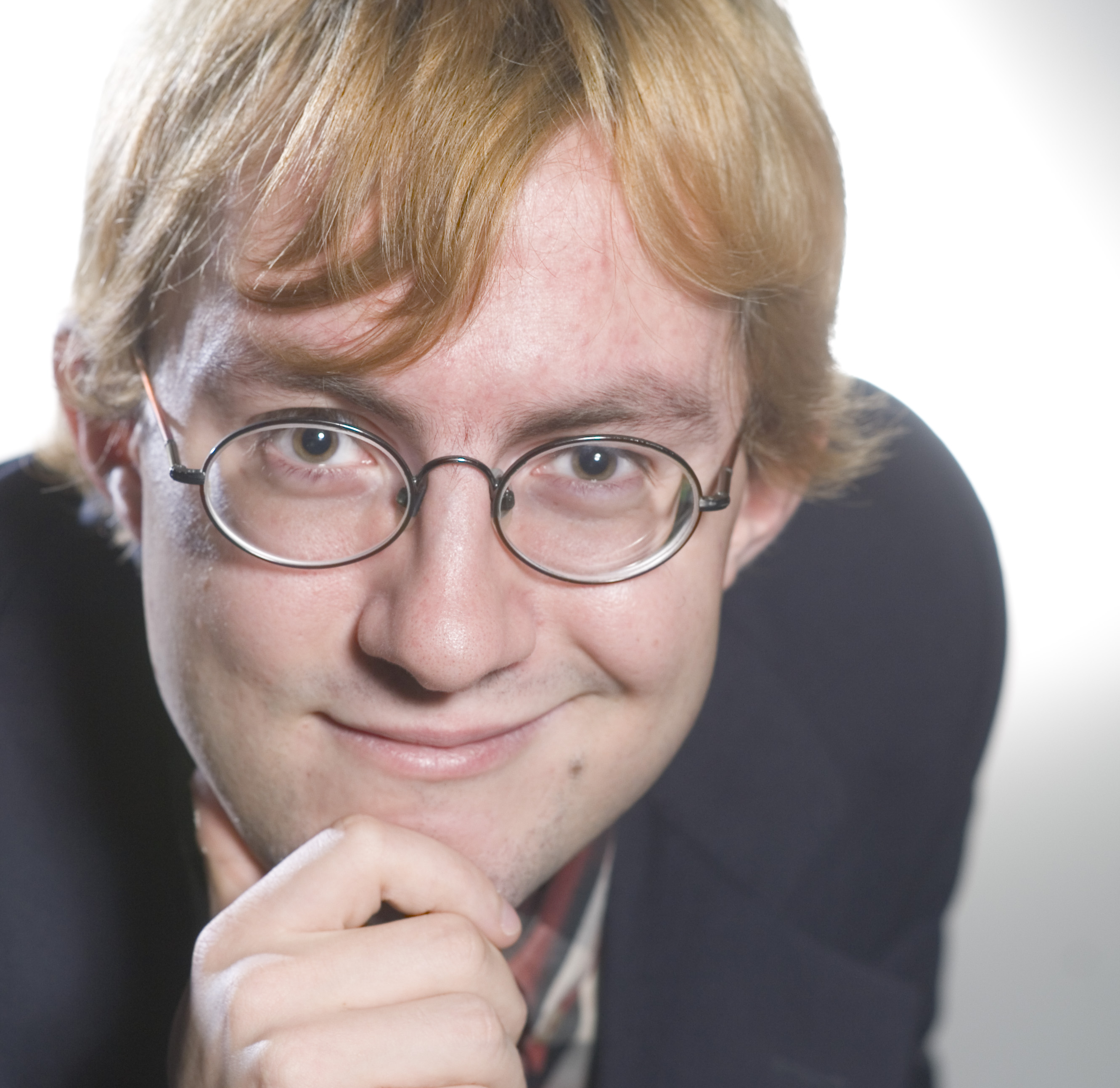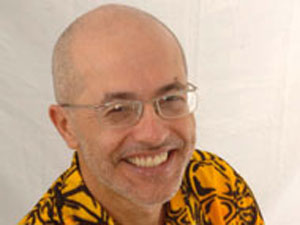|

Thomas Zimmermann
Microsoft Research, USA
|
Data Ninja III: The Rise of Data Scientists in the Software Industry
Wednesday, 23/Sep, 6:00pm - 7:30pm, Theater Building #30
Abstract: There is a new kid in town. Data scientists now help software teams to infer actionable insights from large amounts of data about the development process and the customer usage. To understand this new role, we interviewed and surveyed data scientists across several product groups at Microsoft. In this talk, I will motivate the need for data analytics, introduce questions for data scientists, and characterize how data scientists work in a large software companies such as Microsoft. I will highlight opportunities for researchers, practitioners, and educators.
Bio: Thomas Zimmermann is a Senior Researcher in the Research in Software Engineering (RiSE) group at Microsoft Research, Redmond, USA. His research interests include software analytics, development tools, recommender systems, and games research. He is best known for his research on systematic mining of software repositories to conduct empirical studies and to build tools to support developers and managers. His work received several awards, including Ten Year Most Influential Paper awards at ICSE’14 and MSR’14, four ACM SIGSOFT Distinguished Paper Awards, and a CHI Honorable Mention. He has served on several program committees (e.g., ICSE, FSE, ECOOP, OOPSLA, ISSTA, MSR, and ESEM). He was co-chair of the program committee for MSR '10 and '11 and currently serves as General Chair for SIGSOFT FSE ’16. He is Co-Editor in Chief of the Empirical Software Engineering journal and serves on the Editorial Board of the IEEE Transactions on Software Engineering. He received his PhD in 2008 from Saarland University in Germany. From 2007 to 2008 he was a full-time Assistant Professor in the Department of Computer Science at University of Calgary. His homepage is http://thomas-zimmermann.com.
|
|

Prem Devanbu
UC Davis, USA
|
The Naturalness of Software: A Research Vision
Thursday, 24/Sep, 5:00pm - 6:30pm, Theater Building #30
Abstract: Programming languages, like their "natural" counterparts, are rich, powerful, and expressive. But while skilled writers like Jorge Amado, Shakespeare, and Rushdie delight us with their elegant, creative deployment of the power and beauty of Natural Language, most of what us regular mortals say and write everyday is Very Repetitive and Highly Predictable. This predictability, as most of us have learned by now, is at the heart of the modern statistical revolution in speech recognition, natural language translation, question-answering, etc. We will argue that, despite the power and expressiveness of programming languages, most Software in fact is also quite repetitive and predictable, and can be fruitfully modeled using the same types of statistical models used in natural language processing. We present some practical applications of this rather unexpected finding, and present a research vision arguing that this phenomenon is potentially rich in both scientific questions, and engineering promise.
Bio: Prem Devanbu received his B.Tech from IIT Madras, in Chennai, India, before you were born, and his PhD from Rutgers University in 1994. After spending nearly 20 years as both a developer and a researcher at Bell Labs and its various offshoots, he left Industry to join the CS faculty at UC Davis in late 1997, where he is now Professor of Computer Science. Over the years, he has published some papers, reviewed a lot more papers, graduated some PhDs, trained a few postdocs, served some committees, and made quite a few mistakes. He does have his own web page, bicycle(s), and helmet(s).
|
|

Silvio Meira
UFPE, Brazil
|
An Agenda for the Future of Software [Engineering in Brazil]
Friday, 25/Sep, 9:00am - 10:30am, Theater Building #30
Abstract: Never in history so many people and things depended so much on software as we do now. In practice, almost everything depends on software, in all aspects of human activity. And that's not economy, only: the behavior of each of us and ours, as a group and society, are performances over -sometimes inside of- software. Moreover, everything we know now point to an increased relevance of software in society. At the same time, we still face non-trivial challenges in acquiring, developing, deploying, maintaining, and evolving software, in spite of everything we have done, as software engineers, in the last five decades. This keynote talk will try to discuss a possible agenda for the future of software and its engineering over the next 50 years, tackling the problem, in the Brazilian context, as a special case and of our major interest.
Bio: Silvio Meira is a [retired] Full Professor of Software Engineering at CIn/UFPE, Associate Professor at FGV DIREITO RIO, one of the founders of CESAR and PORTO DIGITAL and founder and Chief Imagination Officer at IKEWAI.
|